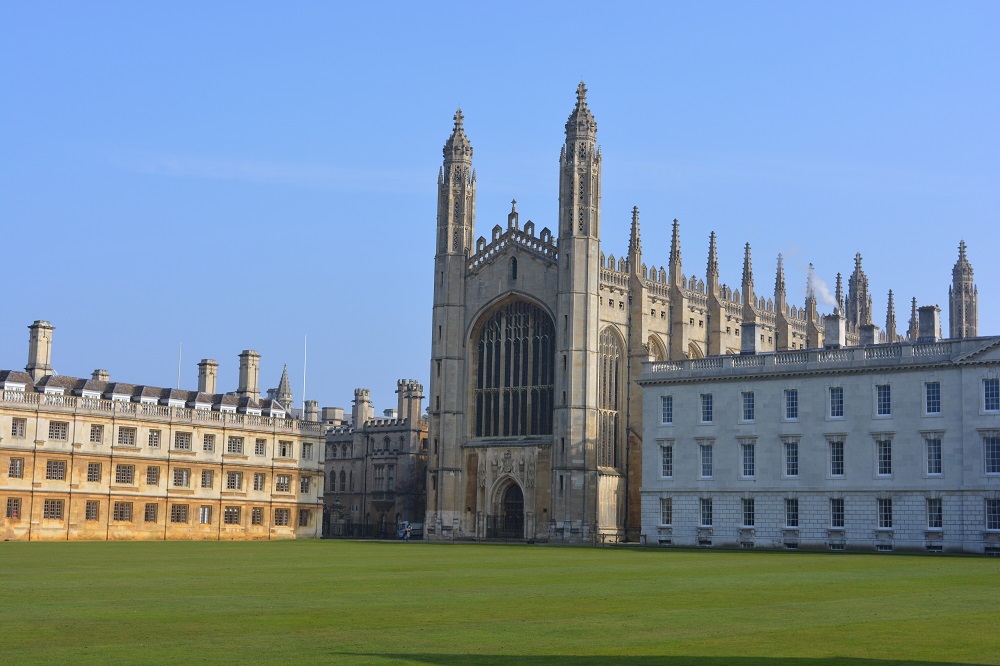Many Swiss institutions were awarded awards for international student satisfaction. This proves this the experience of studying at a university in Switzerland might be among the most rewarding decisions you’ve ever made.
Switzerland is home to three languages widely spoken in the official language (French, German and Italian) which means you’ll enjoy an entire European lifestyle and culture in a small country. You can also improve your language skills in the process.
Application for study at an institution in Switzerland is a breeze; it is just a matter of being aware of a few essential tips.
Swiss universities to think about studying at
Here are some of the best Swiss universities that you can consider for your study abroad experience:
- Sustainability Management School (SUMAS)
- Ecole Polytechnique Federale de Lausanne
- Swiss School of Business and Management
- University of Zurich
- University of St. Gallen (HSG)
- Geneva Business School
Explore other schools that have masters in English in Switzerland.
Apply
- Switzerland offers a range of options for study, with most of which are focused on research. You can choose your preferred degree once you have gathered all the relevant details.
- Find the specific requirements for admission to every academic program since there are usually specific requirements for Medicine Dentistry, Medicine, or veterinary medicine qualifications.
- Search for scholarships to apply for scholarships in Switzerland. You may also look into the Studyportals Scholarship to get some assistance in financing your studies in Switzerland.
- The majority of Swiss universities do not recognize these qualifications.
It is essential to be aware that the majority of Swiss universities don’t recognize specific qualifications; for example:
- Certificates of distance education, certificates for night schools, and other credentials not earned in the school class
- Certificates from part-time or vocational high schools as well as schools that provide vocational education as in general education
If a qualification or credential is not recognized, it is required to take the entire Swiss (or the cantonal) maturation test. This is typically the Swiss equivalent to the International Baccalaureate. It is based on a particular syllabus (seven essential subject areas that students of all ages study) and based on the specific Swiss canton.
How do I apply
- Fill out your online form for the application available on the university website
- The application fees must be paid.
- Upload all documents required to support the request before the deadline.
language requirements for an application to a Swiss University application
Switzerland is home to three languages: German, French, and Italian. The institution of instruction determines the languages of instruction. Additionally, many universities also offer a selection of courses that are taught in English. Most international students are applying to study English, French or German-taught degrees.
Accepted proof of proficiency in all languages are:
- German: DSH, TestDaF OSD Telc, DSH, and many more
- French: DELF or DALF
- English: IELTS, TOEFL
If you don’t have a certificate, you could undergo a test for language proficiency at your university. This option is not offered at all institutions. Therefore, you must first contact the university. They will determine if your proficiency is adequate to allow you to study.
REQUIRED University application documents
- A printed copy of the application form
- Two passport photos
- Copy of Identity Document
- Academic transcript(s) from every university you were a student at before (if appropriate)
- High school diploma or Bachelor’s diploma
- Language proficiency certificates (German/French/English)
- CV
- Documentation of payment of application fee (100 150 CHF – 300 CHF or 400CHF for application that is late)
- Personal essay/Motivation letter
Additional documents for students applying to doctoral programs
- An instructor’s letter on the faculty who has been certified to oversee doctoral dissertations and agreed to supervise your study.
- In your last year of secondary school and haven’t yet received an official diploma, you can apply based on the grades you earned throughout the year. However, you will need to submit copies of your last results within the first day you’ve received them.
- All transcripts and certificates that are not written in English, French, German or Italian should be transliterated to English and French by a licensed translator. Alongside the translation, certain institutions will require documents from the institution or school you attended and an explanation for the grade and evaluation system.
Deadlines for university applications for Switzerland
Deadlines for applying to Swiss universities vary and vary for each university. Sometimes, it is also dependent on your academic qualifications or if you have to apply for a student visa. Students are generally advised to use in the spring semester of studies to begin the following academic year.
Regular application
- Autumn semester Beginning of December until April.
- Season of Spring: the beginning of May to November.
- When a Visa to Switzerland is needed, the following dates are suggested: the beginning of December until the end of February in the autumn semester. The beginning of May until the end of September for the spring term.
In some instances, the deadlines for applications for Ph.D. applicants have specific deadlines.
- The fall term is from mid-October
- The spring term will run from up to the end of March
Universities that receive your application late will be able to enroll you for the next semester.
Final steps following receipt of the acceptance note
- If you require a student visa, then apply for it as soon as you can, as it typically takes about one month to receive an answer from the consulate or embassy.
- All foreigners planning to pursue their studies in Zurich need the residence permit that you can get at the local immigration office within 14 days of your entry.
- Take care of the medical insurance plan. Students from the EU/EEA region are automatically eligible for medical services in Switzerland by presenting the European Health Insurance Card (EHIC). EU and non-EU students may choose to purchase the health insurance plan in their country of origin before they travel to Switzerland or buy insurance as early as they can upon their arrival.



